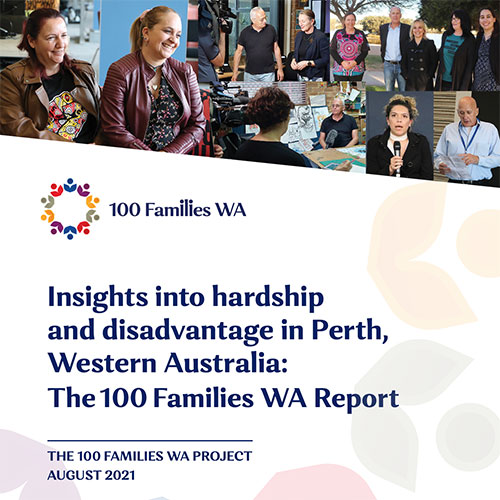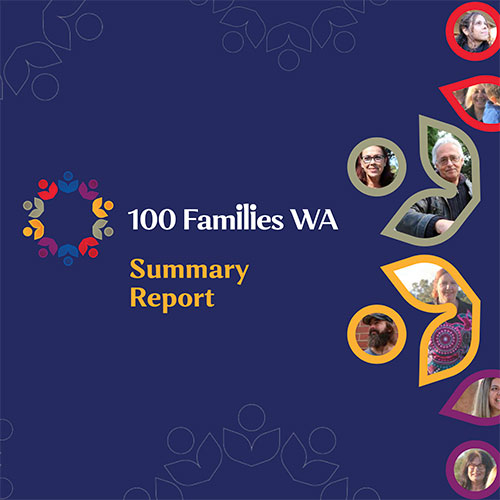Material Needs
Drop-in help
Listen to the audio
I have used all of my credit up and I can’t afford to buy more this week. My friend told me about a charity 20 minutes away that might be able to help.
I feel so shameful about asking for help but I have no choice. In the morning, Billie and I walk to the bus stop.
I am down to the last few dollars in my pocket before payday in four days time. The bus takes us close but we needed to walk the last 10 minutes in the hot sun. I felt horrible to do that the Billie.

Understand the stats
85%
of families do not have access to $500 in an emergency compared to just 12% of the general population

51% of families do not have a car. Families have said they would prefer support that was local, community focused, flexible and integrated.
Walking through the doors of the charity, I was greeted by someone in reception who asked how she could help. I was embarrassed but explained my story (again).
The receptionist told me that all she could do was take my details down and ask someone to get back to me or that I could go to another place 15 minutes away from where someone might be able to help.
I wanted to cry. Billie is restless and I didn’t have enough money to go somewhere else anyway. I decide to go home.

The system and services are not designed from the perspective of lived experience
The first point of contact for families accessing supports is key. For many people, this is receptionist staff.
Staff members in these positions should be supported and trained to understand families situations and respond appropriately.

Understand the stats
85%
of families do not have access to $500 in an emergency compared to just 12% of the general population

51% of families do not have a car. Families have said they would prefer support that was local, community focused, flexible and integrated.

The system and services are not designed from the perspective of lived experience
The first point of contact for families accessing supports is key. For many people, this is receptionist staff.
Staff members in these positions should be supported and trained to understand families situations and respond appropriately.





